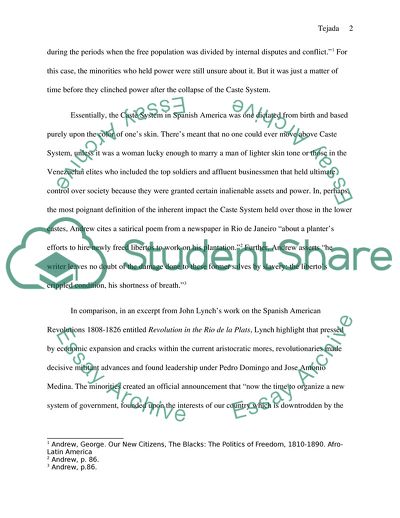Cite this document
(Racial Independence Essay Example | Topics and Well Written Essays - 1500 words, n.d.)
Racial Independence Essay Example | Topics and Well Written Essays - 1500 words. https://studentshare.org/sociology/1771864-racial-independence
Racial Independence Essay Example | Topics and Well Written Essays - 1500 words. https://studentshare.org/sociology/1771864-racial-independence
(Racial Independence Essay Example | Topics and Well Written Essays - 1500 Words)
Racial Independence Essay Example | Topics and Well Written Essays - 1500 Words. https://studentshare.org/sociology/1771864-racial-independence.
Racial Independence Essay Example | Topics and Well Written Essays - 1500 Words. https://studentshare.org/sociology/1771864-racial-independence.
“Racial Independence Essay Example | Topics and Well Written Essays - 1500 Words”. https://studentshare.org/sociology/1771864-racial-independence.


